Intro
Colon cancer is a type of cancer that affects the large intestine, and it is one of the most common types of cancer in the world. According to the American Cancer Society, over 100,000 new cases of colon cancer are diagnosed every year in the United States alone. The good news is that colon cancer can be prevented and treated if detected early. This is where colon cancer tests come in - they play a crucial role in detecting the disease at an early stage, when it is more treatable. In this article, we will delve into the world of colon cancer tests, exploring the different types, their benefits, and how they work.
Colon cancer tests are designed to detect abnormal cell growth in the colon, which can be a sign of cancer. These tests can be used to screen for colon cancer, diagnose the disease, and monitor its progression. There are several types of colon cancer tests available, each with its own advantages and disadvantages. Some of the most common types of colon cancer tests include colonoscopy, sigmoidoscopy, fecal occult blood test (FOBT), and stool DNA test.
Understanding Colon Cancer Tests
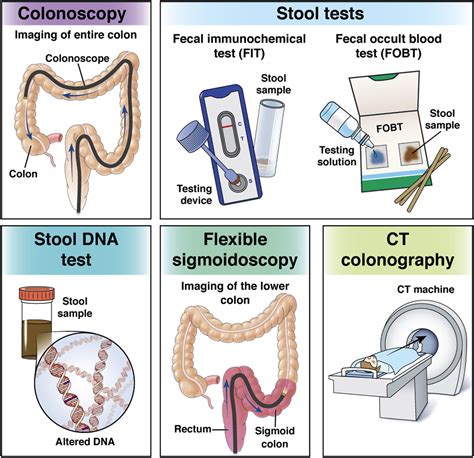
Colon cancer tests are vital for detecting the disease at an early stage, when it is more treatable. These tests can help identify abnormal cell growth in the colon, which can be a sign of cancer. The most common types of colon cancer tests include colonoscopy, sigmoidoscopy, fecal occult blood test (FOBT), and stool DNA test. Each of these tests has its own advantages and disadvantages, and the choice of test depends on various factors, including the patient's age, medical history, and risk factors.
Types of Colon Cancer Tests
There are several types of colon cancer tests available, each with its own unique characteristics. Some of the most common types of colon cancer tests include: * Colonoscopy: This is a visual examination of the entire colon using a flexible tube with a camera and light on the end. * Sigmoidoscopy: This is a visual examination of the lower part of the colon using a flexible tube with a camera and light on the end. * Fecal occult blood test (FOBT): This is a test that detects hidden blood in the stool, which can be a sign of colon cancer. * Stool DNA test: This is a test that detects abnormal DNA in the stool, which can be a sign of colon cancer.How Colon Cancer Tests Work

Colon cancer tests work by detecting abnormal cell growth in the colon, which can be a sign of cancer. The tests can be used to screen for colon cancer, diagnose the disease, and monitor its progression. The working mechanism of colon cancer tests varies depending on the type of test. For example, a colonoscopy uses a flexible tube with a camera and light to visually examine the colon, while a fecal occult blood test uses a chemical solution to detect hidden blood in the stool.
Benefits of Colon Cancer Tests
The benefits of colon cancer tests are numerous. Some of the most significant benefits include: * Early detection: Colon cancer tests can detect the disease at an early stage, when it is more treatable. * Prevention: Some colon cancer tests, such as colonoscopy, can also be used to remove precancerous polyps, which can help prevent the disease. * Peace of mind: Colon cancer tests can provide peace of mind for individuals who are at risk of developing the disease. * Improved treatment options: Colon cancer tests can help identify the best treatment options for individuals who have been diagnosed with the disease.Preparing for a Colon Cancer Test
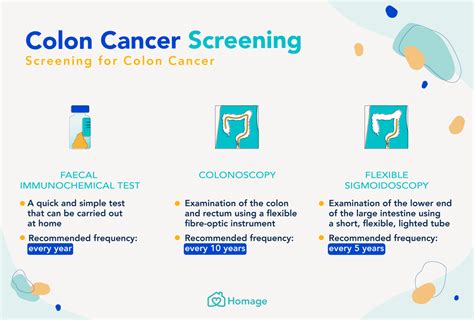
Preparing for a colon cancer test is crucial to ensure accurate results. The preparation process varies depending on the type of test. For example, a colonoscopy requires a thorough bowel cleanse to remove any stool or debris from the colon. This can be done using a laxative or an enema. A sigmoidoscopy also requires a bowel cleanse, but it may not be as thorough as the one required for a colonoscopy. A fecal occult blood test and a stool DNA test do not require a bowel cleanse, but they do require a stool sample.
What to Expect During a Colon Cancer Test
What to expect during a colon cancer test varies depending on the type of test. For example: * Colonoscopy: During a colonoscopy, a flexible tube with a camera and light is inserted into the rectum and guided through the colon. The test can take about 30-60 minutes to complete. * Sigmoidoscopy: During a sigmoidoscopy, a flexible tube with a camera and light is inserted into the rectum and guided through the lower part of the colon. The test can take about 10-30 minutes to complete. * Fecal occult blood test: During a fecal occult blood test, a stool sample is collected and sent to a laboratory for analysis. The test can take a few days to complete. * Stool DNA test: During a stool DNA test, a stool sample is collected and sent to a laboratory for analysis. The test can take a few days to complete.Interpreting Colon Cancer Test Results
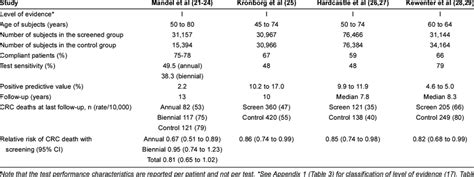
Interpreting colon cancer test results is crucial to determine the next course of action. The results of a colon cancer test can be positive, negative, or inconclusive. A positive result indicates that abnormal cell growth was detected in the colon, which can be a sign of cancer. A negative result indicates that no abnormal cell growth was detected in the colon. An inconclusive result indicates that the test results are not clear, and further testing may be needed.
What to Do If You Receive an Abnormal Test Result
If you receive an abnormal test result, it is essential to follow up with your doctor to determine the next course of action. Your doctor may recommend further testing, such as a biopsy or imaging tests, to confirm the diagnosis. If you are diagnosed with colon cancer, your doctor will discuss treatment options with you, which may include surgery, chemotherapy, or radiation therapy.Reducing Your Risk of Colon Cancer
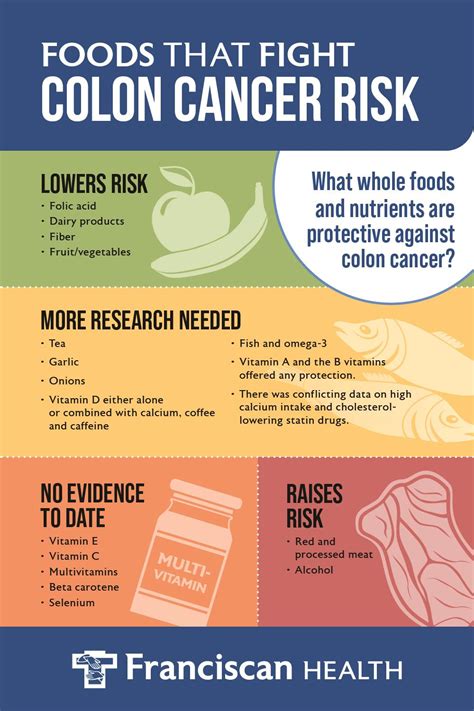
Reducing your risk of colon cancer is crucial to prevent the disease. Some of the ways to reduce your risk of colon cancer include:
- Getting regular colon cancer tests
- Eating a healthy diet that is high in fruits, vegetables, and whole grains
- Exercising regularly
- Maintaining a healthy weight
- Avoiding smoking and excessive alcohol consumption
- Managing stress
Colon Cancer Risk Factors
There are several risk factors that can increase your risk of developing colon cancer. Some of the most significant risk factors include: * Age: The risk of colon cancer increases with age, with most cases occurring in people over the age of 50. * Family history: Having a family history of colon cancer can increase your risk of developing the disease. * Medical history: Having a medical history of colon cancer, polyps, or inflammatory bowel disease can increase your risk of developing the disease. * Lifestyle factors: Smoking, excessive alcohol consumption, and a sedentary lifestyle can increase your risk of developing colon cancer.Conclusion and Next Steps
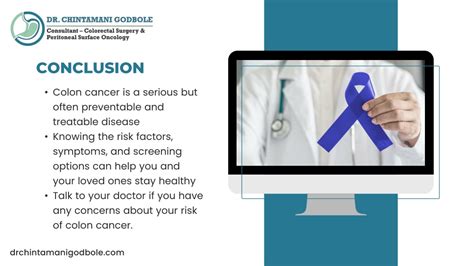
In conclusion, colon cancer tests are vital for detecting the disease at an early stage, when it is more treatable. There are several types of colon cancer tests available, each with its own advantages and disadvantages. By understanding the different types of colon cancer tests, how they work, and their benefits, you can take the first step towards reducing your risk of colon cancer. If you are at risk of developing colon cancer, it is essential to get regular colon cancer tests and follow a healthy lifestyle to reduce your risk.
We invite you to share your thoughts and experiences with colon cancer tests in the comments below. If you have any questions or concerns, please do not hesitate to reach out to us. We are here to provide you with the information and support you need to take control of your health.
What is the best type of colon cancer test?
+The best type of colon cancer test depends on various factors, including your age, medical history, and risk factors. It is essential to consult with your doctor to determine the best type of test for you.
How often should I get a colon cancer test?
+The frequency of colon cancer tests depends on your risk factors and medical history. Generally, it is recommended to get a colon cancer test every 10 years, starting at the age of 50.
What are the symptoms of colon cancer?
+The symptoms of colon cancer can vary, but common symptoms include blood in the stool, changes in bowel habits, and abdominal pain. If you are experiencing any of these symptoms, it is essential to consult with your doctor.
